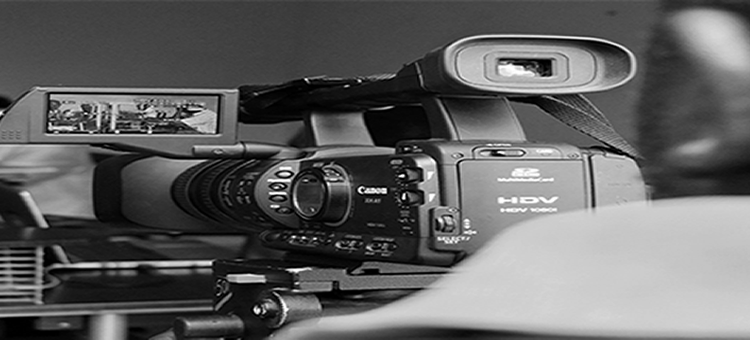South Sudan journalist, Michael Christopher, was last week arrested in the capital, Juba.
Christopher, the editor-in-chief of the independent Arabic-language daily al-Watan, was arrested by the National Security Service after his paper allegedly published an inaccurate report, according to the website of Radio Tamazuj.
His arrest comes as journalists in the country report increased pressure amid fighting between the supporters of President Salva Kiir and former Vice President Riek Machar this month. Reports say that Machar has been replaced with Taban Deng.
A local rights group reported that Alfred Taban, the editor-in-chief of Juba Monitor, was charged and denied bail on July 24 over a column about the fighting, and two other journalists told Committee to Protect Journalists they have been attacked.
“We urge President Salva Kiir to take all necessary steps to protect journalists in South Sudan and to ensure that their right to freedom of expression is not violated,” said CPJ Africa Program Coordinator Angela Quintal.
“Christopher and Taban should be immediately released from jail and allowed to continue their journalism in the interests of the people of South Sudan and the region, who need to be kept abreast of developments.”
Radio Tamazuj cited Abraham Malek, head of the South Sudan Journalist’s Network, as saying that Christopher was arrested after his paper mistakenly reported that a peacekeeping force from neighbouring countries would arrive this week in the South Sudanese capital. Malek said the paper’s deputy chief editor apologised for the error at a news conference. Malek could not be reached by phone when CPJ tried to contact him.
The story was published as United Nations Secretary-General Ban Ki Moon and the African Union called for a peacekeeping force to protect civilians from fighting between supporters of Kiir and Machar, acording to media reports.
Kiir has opposed the proposal local media reported. Edmund Yakani, the director of Community Empowernment for Progress Organisation ,which campaigns for the protection of the rights of journalists and civil society activists in South Sudan, told CPJ that Christopher has not been charged and efforts by campaigners to visit him at the National Security Service headquarters had proved futile.
Separately, Taban, the Juba Monitor editor who was arrested on 16 July, has been charged under Article 75 of the penal code, “publishing or communicating false statement prejudicial to Southern Sudan,” and Article 76, “undermining authority of and insulting the president,” according to the organisation. The day before his arrest, Taban published a column calling on Kiir and Machar to step down from power for failing to improve the security situation in the capital Juba, according to reports. Taban was denied bail, Yakani, who was in court, said.
The clashes between supporters of the president and vice-president have created a hostile environment for the press, journalists said. Two journalists, who requested anonymity for fear of reprisals, said that a few days after the July 11 clashes they were attacked on their way back from their offices. One of the journalists said he was riding home on a motorcycle taxi when he was accosted by men who arrived on two motorbikes, forced him off the bike, and attacked him with kicks and blows before taking his computer and phone. The other journalist said he is awaiting medical treatment for injuries after being abducted outside his office and beaten and dumped near the outskirts of Juba. Both of the journalists said they had been threatened before the attacks and they believe they were targeted because of their work for independent news outlets.
The power struggle between Kiir and Machar set off a civil war in 2013. After a peace deal was signed in December 2015, Machar returned to his role.
Machar allegedly left the city after clashes on July 11, according to reports. On July 22, a spokesman for the president said Machar had been temporarily been replace with Deng according to reports. Observers said the move would further undermine the effort to support the peace process.
Source: Committee to Protect Journalists







